Churches and CSOs Influence Decision Making Processes on Environmental Problems in Armenia

Project Details & Results
The role and participation of civil society in environmental governance is nearly zero in Armenia. The reasons are different: low level of awareness on legislative and environmental issues, as well as on possible ways to solve them, etc.
Moreover, the civil society is deprived of its rights and possibilities to influence environmental problems. While initiating state and private economic activities, the participation of the society in decision making processes is rather formal. Public hearings are the simulation of participation, because there are no legal consequences and effects. In fact, the current legislation does not envisage any real mechanisms to launch civil initiatives.
Due to this the civil society is deprived of possibility to participate in the solution of local environmental problems.
For changing the situation we propose the possibility to create real, not formal, mechanisms. Currently, local administrations of certain affected communities receive subventions/subsidies from the state budget for funding the environmental projects. As per the procedure, local self-governance bodies develop projects, get endorsement of RoA Ministries of Nature Protection, Public Health and Territorial Administration and then implement them as grant projects. It is worth mentioning that in this case, also, the civil society is deprived of participation.
The proposed initiative aims at creation of civil revolving “green” funds on grassroots level, using existing subvention funds. The newly created civil funds will belong to all members of the community on the basis of their inalienable right. These funds will be channeled for funding (and co-funding) of environmental projects. The community members will actively participate and bear both right and responsibility for the implementation of projects.
The development of the mentioned financial mechanism will create the basis and precedent for consolidation and joint activities of civil society to address environmental issues.
Now that the problem is evident, Government through its decisions (attached) instructed to submit proposals on creation of civil revolving funds out of collected environmental charges. The most crucial issue related to this process is raising awareness of civil society on its inclusion into the process. Legal experts, lawyers, sociologists, economists, experts dealing with environmental issues and respective financial mechanisms will be invited to participate in the project as well.
Justification of implementing particularly projects addressing climate change through revolving funds is presented below.
Problems related to climate change have a wide coverage and include issues crosscutting with other conventions. In the frames of UN Framework Convention on Climate Change (UNFCCC) financial mechanisms (Green Climate Fund, Adaptation Fund, Global Ecological Funds and others) are developed, which enable including its financing into the proposed foundations. This is the reason why the RoA Government decisions stipulate that the foundations will implement projects related to climate change (NAMA, NAP). Taken that Armenia has adopted an ecosystem approach to solution of climate change problems, the resources of the created funds will be utilized for projects which are in line with ecosystem approach. In other words, the issues on biodiversity protection, combating desertification, preservation and rehabilitation of water and land ecosystems will be also considered.
Armenia Round Table assisted establishment of communal social centers in the dioceses of the Armenian Apostolic Church, where nature protection trainings, discussion and events are conducted. Centre beneficiaries (youth and adults) will participate in the trainings and discussions envisaged by the project, will share their ideas on creation on civil revolving foundations. Gyumri, Jervezh, Ashtarak and Armavir centres will provide premises for trainings, meetings and discussions. Clergy will take part in all trainings and discussions in all targeted provinces, stressing the importance of ethical approached towards environmental issues.
Participation of clergy in the project is crucial, as churches consider care for nature as man’s moral responsibility. Church adopts an ethical approach towards nature protection, because God has created man in order to be a clever toiler and guardian for the whole creation. Man should respect the rights of both our present and future kinsmen and all creatures; and use natural resources with awe and justice trying in all possible ways not to exploit and damage Mother Nature, and not to leave a distorted land as a legacy to future generations. With God’s will man’s vocation is keeping the whole range of creatures in harmonious unity and order. There is one way to it: hearing the voice of consciousness and aware of his sin to act with true repentance, with hope and trust.
The role of the church is also crucial given that clergy are well aware of public attitudes in communities, are highly respected and are able to shape an atmosphere of interested discussions. It is also important to note that the planned funds, unlike other financial mechanisms and institutions can equally belong to all citizens (regardless of age and gender). This is very important and fully corresponds to the ideology of churches and clergy. Therefore, a priest can present it in a convincing manner.
.png&w=3840&q=75)
Subscribe for our news
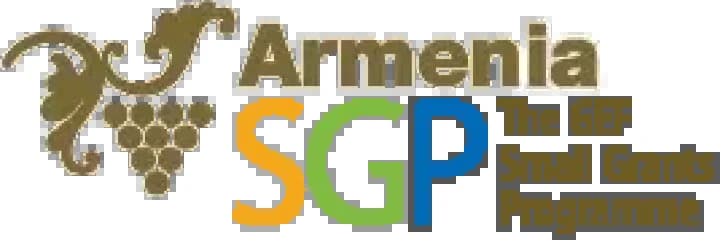


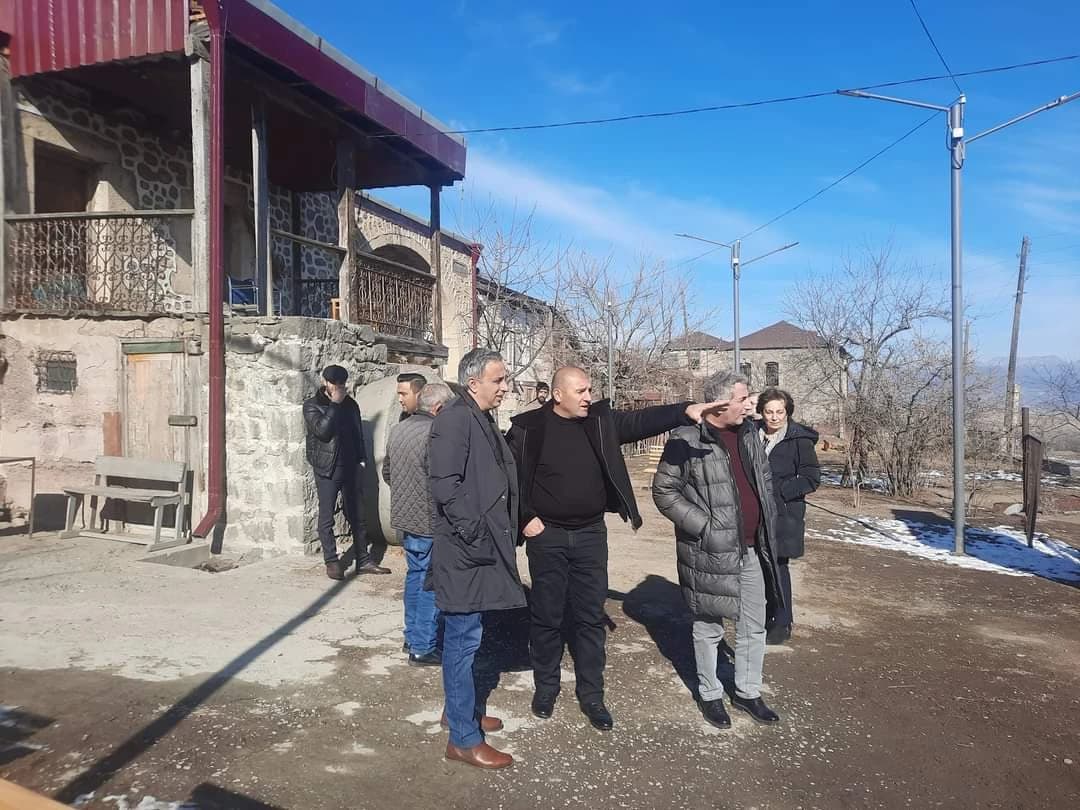
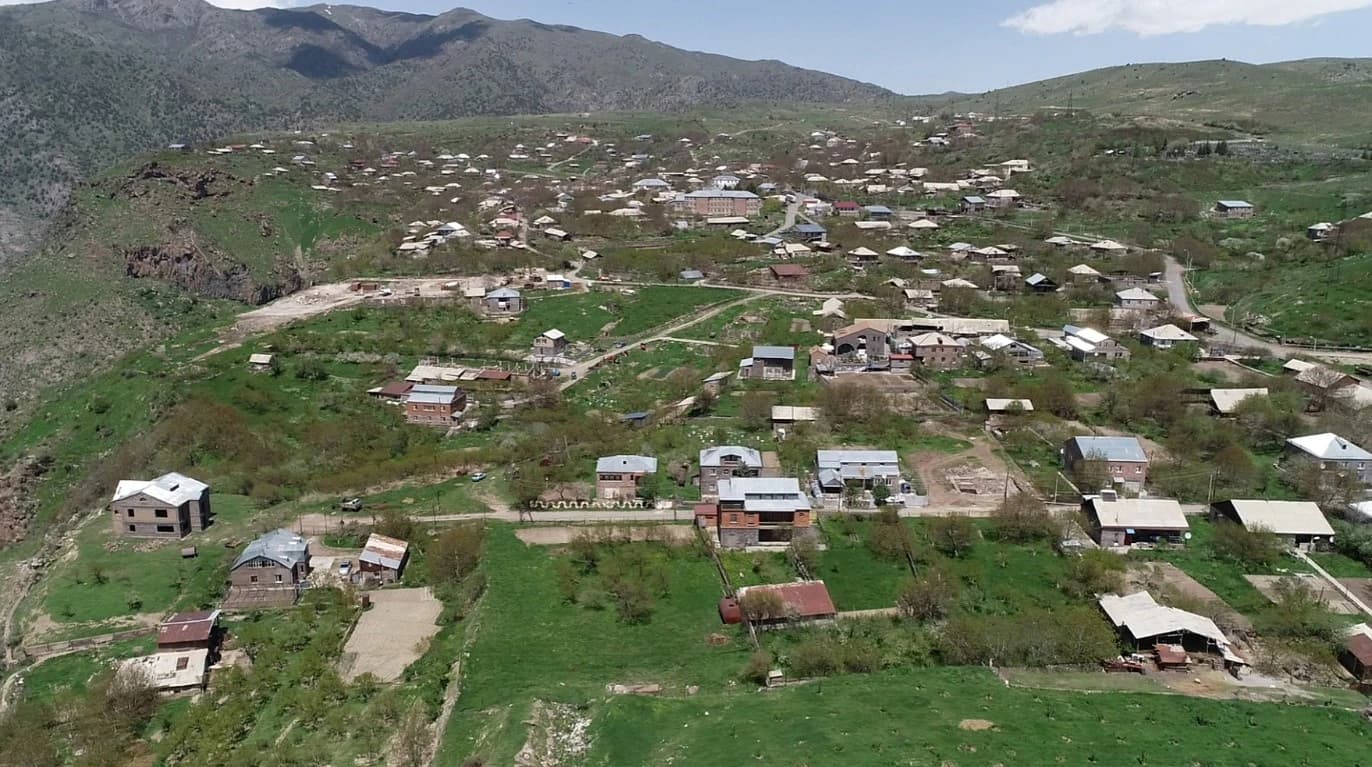
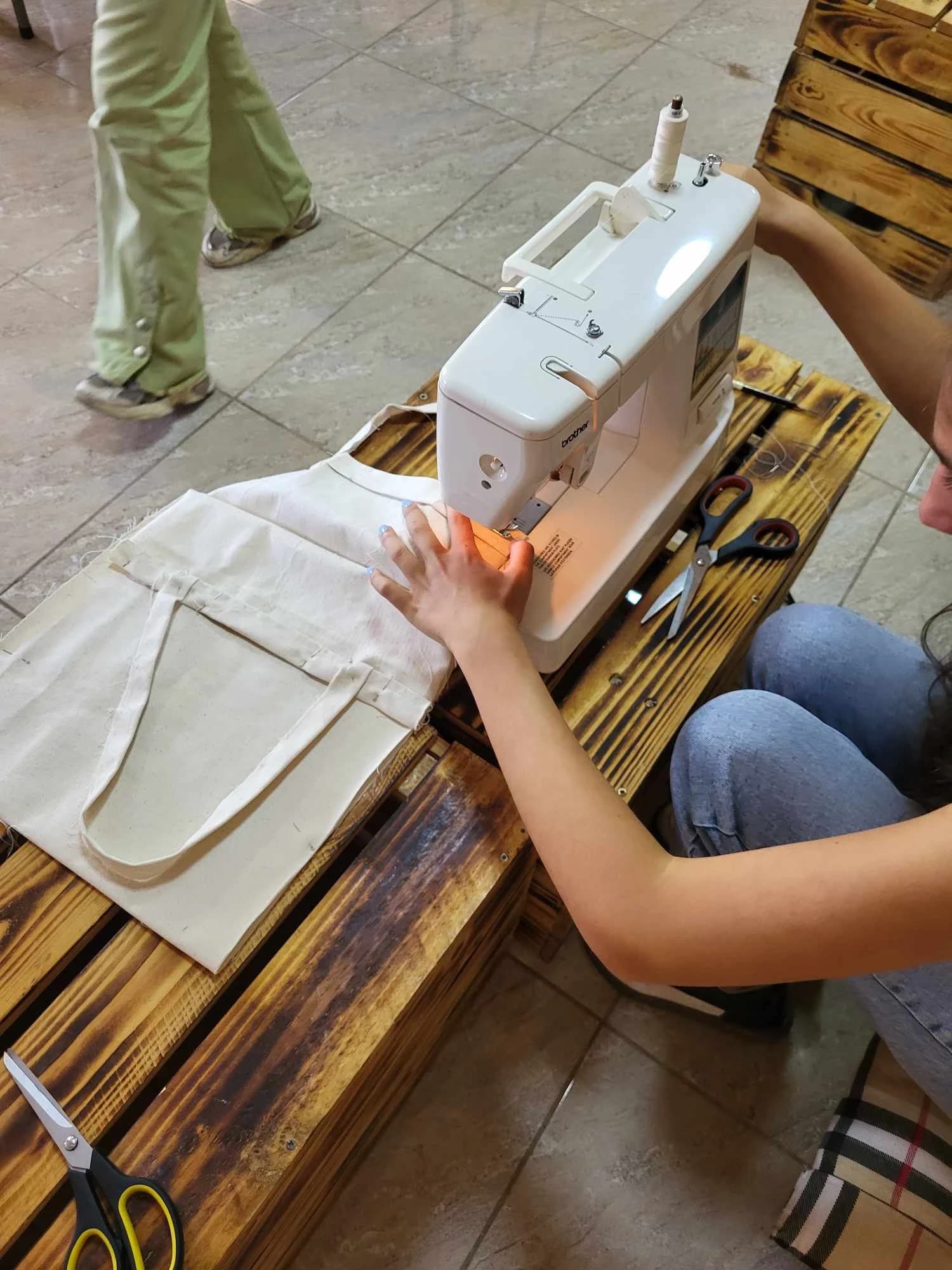
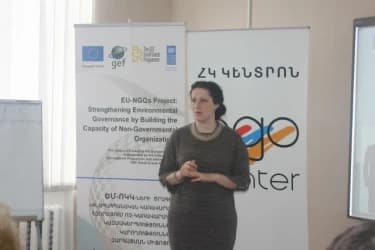
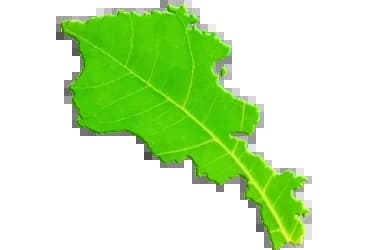
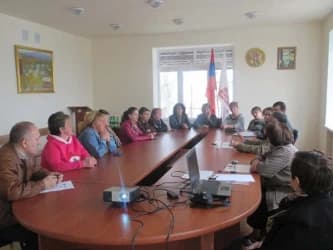
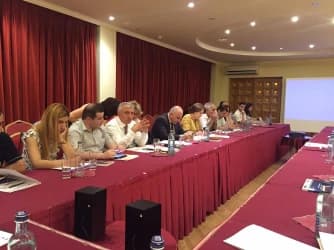
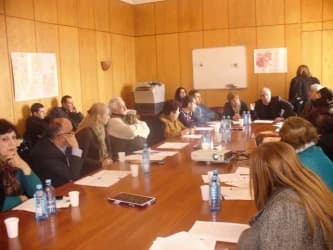
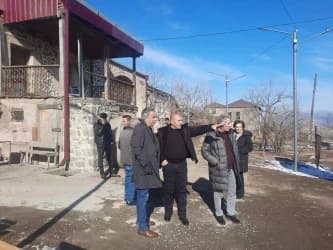
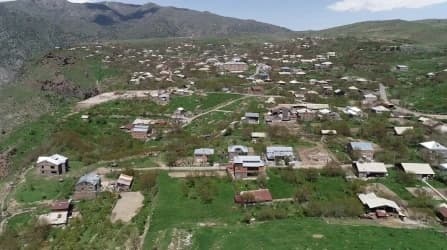

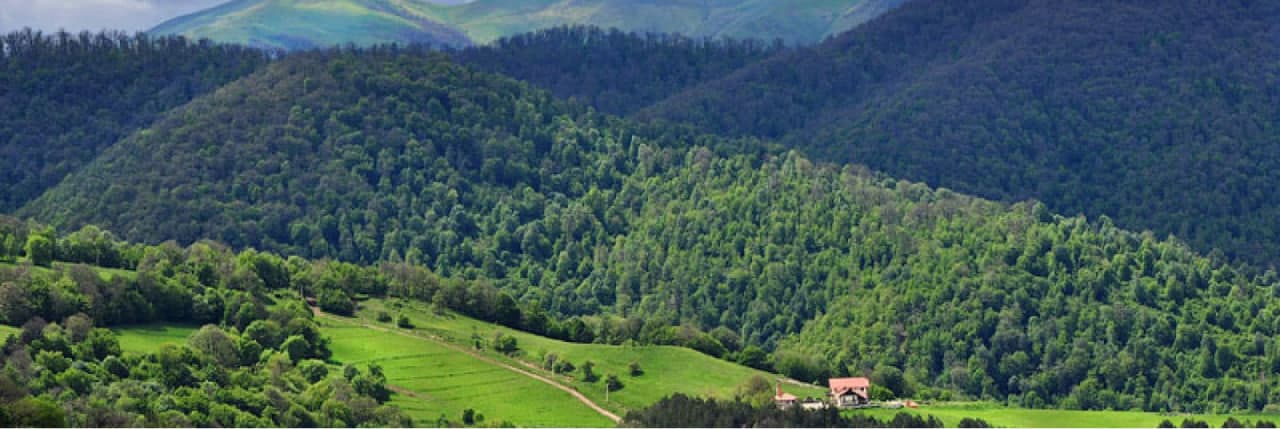
.png&w=3840&q=75)
